Social media has been a game-changer for businesses, but keeping track of everything manually?
Nah, that’s long gone.
Enter AI tools—our new best friends. Whether you’re running an Instagram account for your side hustle, a full-fledged brand campaign, or just keeping up with your competitors, AI-powered social media analytics tools can make your life way easier.
And trust me, after years of fumbling around with spreadsheets and trying to analyze patterns on my own (spoiler: it didn’t go well), I’m all about letting the robots do the heavy lifting.
Let me take you through the top 10 AI tools for social media analytics in 2024—tools that I’ve either used myself or gotten recommendations from fellow marketers.
These will help you keep your audience engaged, understand their behavior, and, most importantly, save you loads of time.
Why AI is a Game-Changer for Social Media Analytics
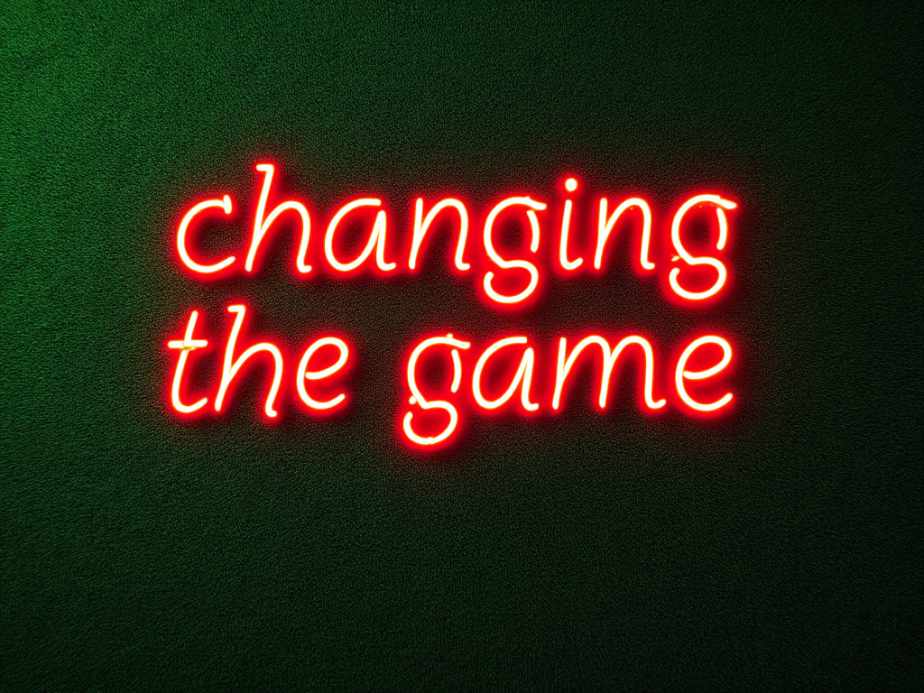
First things first: Why should you even bother with AI?
When I first started doing social media marketing, I didn’t even know what to look for in terms of analytics. How many likes are “good”?
Does the number of comments matter more than shares?
AI takes away that guesswork. It doesn’t just pull numbers; it interprets them. Most tools will now tell you things like the optimal posting times, the types of content that get you more engagement, and even potential red flags—like when your follower growth stagnates.
AI tools also break down the data in real-time, so you’re not analyzing last month’s activity and trying to figure out what went wrong after the fact.
What to Look for in a Social Media Analytics Tool

Before we jump into the actual list, here are a few key things I’ve learned to look for in any AI-powered social media analytics tool:
- Ease of Use: Some of these tools are packed with features, but if you need a PhD to understand them, you’ll never use them. I prefer tools that are intuitive and won’t make me want to throw my laptop out the window.
- Cross-Platform Compatibility: It’s not just about Instagram anymore. You need something that works with Facebook, X.com, TikTok, LinkedIn—you name it. Ideally, it’s a one-stop shop.
- Real-Time Data: This one’s crucial. If a tool takes days to give you insights, then the moment has already passed.
- Customizable Reports: Cookie-cutter reports might be fine for some, but I like tools that let me create reports that my boss will actually care about.
- Pricing: Some of these tools cost an arm and a leg. You’ll see that I’ve included both premium and budget-friendly options.
Top 10 AI Tools for Social Media Analytics in 2024
1. Hootsuite Analytics
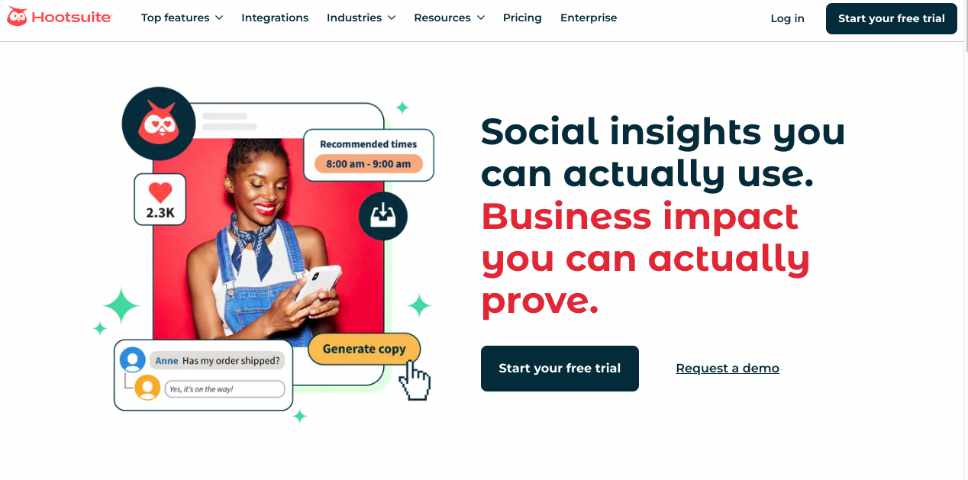
Ah, good ol’ Hootsuite. It’s been around forever and still one of my go-to tools. Hootsuite’s analytics tool has come a long way.
Now with AI-driven insights, it shows you not just how your posts are performing, but what you need to do to improve engagement.
Plus, I love that it suggests optimal posting times based on when your audience is most active. Seriously, who has time to figure that out on their own?
- Pros: Easy to use, cross-platform support, excellent reporting options.
- Cons: Expensive for larger teams.
2. Sprout Social
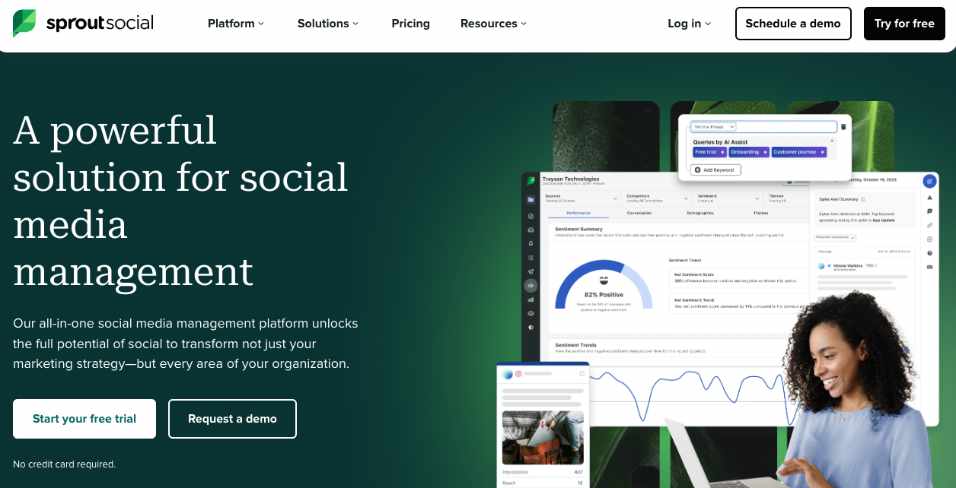
Sprout Social is like the Mercedes of social media analytics. It’s sleek, comprehensive, and has all the bells and whistles.
The AI algorithms analyze data to give you predictive analytics, which means it’ll recommend the type of content that should perform well in the future.
You know that feeling when you post something and it flops? Yeah, Sprout helps you avoid that.
- Pros: Predictive analytics, custom reporting, integrates well with other tools.
- Cons: On the pricier side.
3. Brandwatch
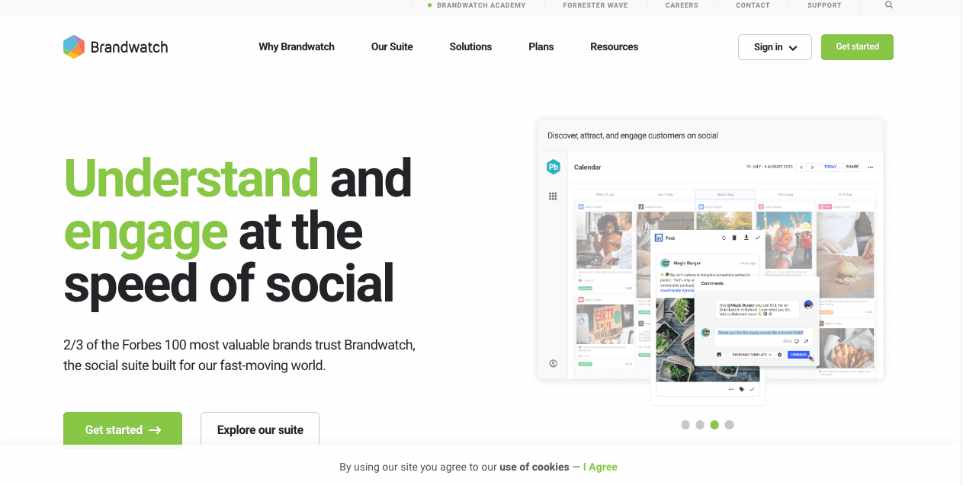
Brandwatch takes social media listening to a whole new level. It’s particularly useful if you’re tracking brand sentiment or customer feedback.
I once had a client freak out over a single negative tweet, but Brandwatch’s AI showed us it was just a random one-off. That’s the beauty of sentiment analysis—it helps you avoid making decisions based on outliers.
- Pros: Best for sentiment analysis, great for PR teams.
- Cons: Overwhelming for small businesses.
4. Zoho Social
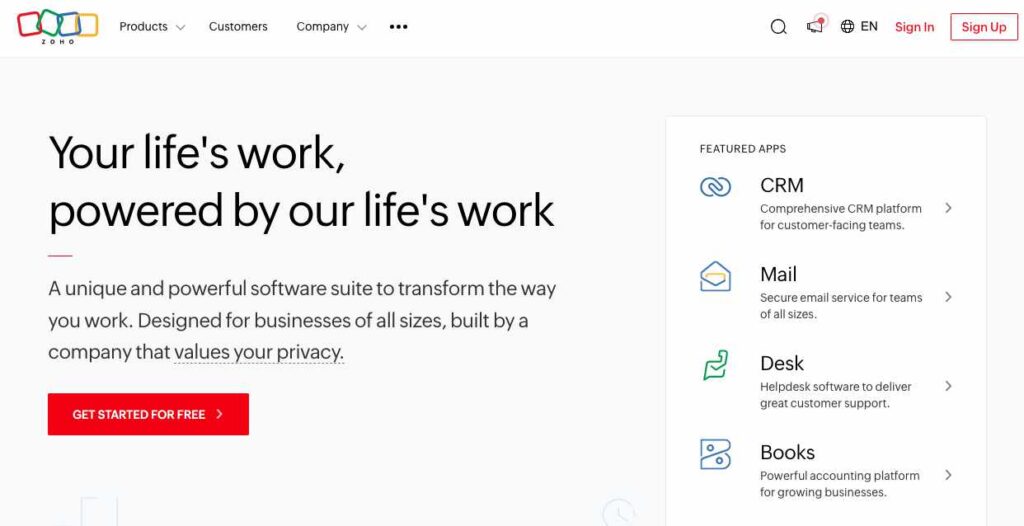
If you’re like me and appreciate tools that don’t break the bank, Zoho Social is a solid option.
It’s an affordable social media analytics tool that covers all the basics—AI-driven engagement insights, follower demographics, and content performance breakdowns.
It’s perfect for small businesses and freelancers who want pro-level analytics without the premium price tag.
- Pros: Affordable, clean interface, easy setup.
- Cons: Lacks some advanced features of pricier competitors.
5. Keyhole
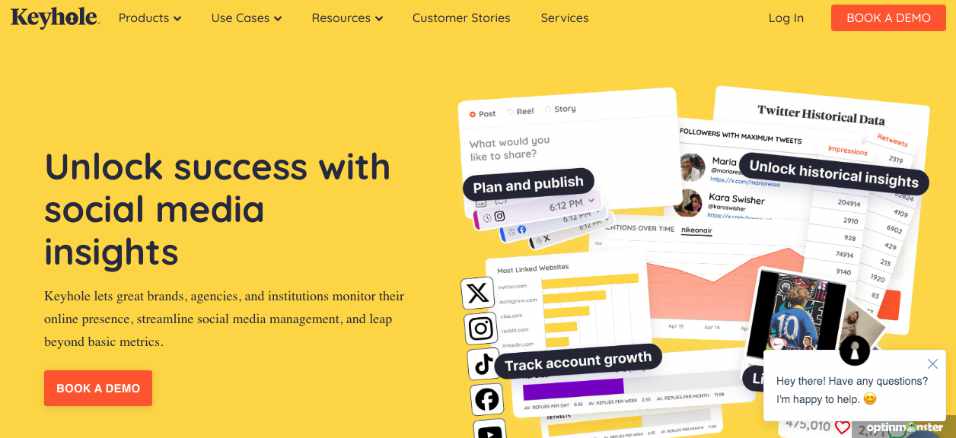
Keyhole is kind of like having a private investigator for your social media accounts. It specializes in hashtag tracking and campaign performance, which is super helpful if you’re running multiple campaigns at once.
Its AI tools also provide real-time tracking, which is crucial if you’re trying to adjust a campaign in progress.
- Pros: Real-time hashtag analytics, campaign tracking.
- Cons: Limited platform support (mainly Instagram and Twitter).
6. BuzzSumo
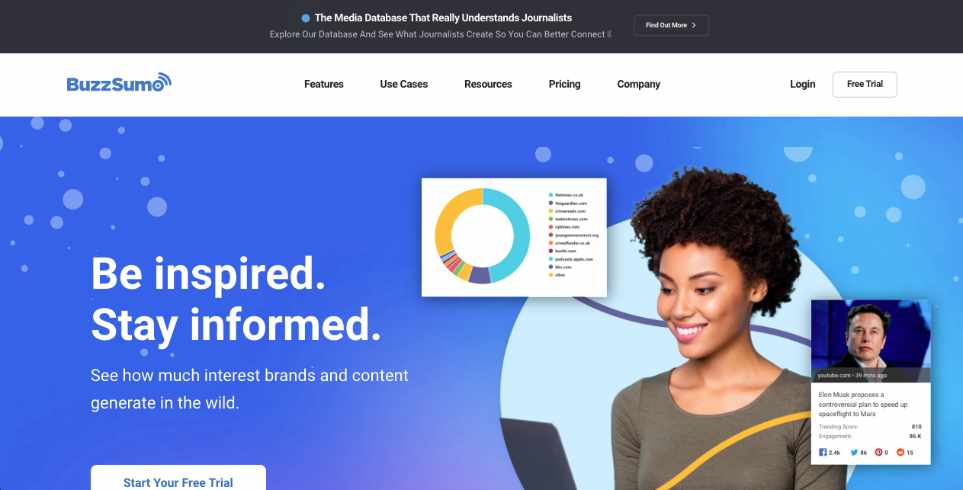
BuzzSumo is best known for content discovery, but their social media analytics are worth mentioning too.
The AI helps predict what kind of content will go viral. If you’re in the game of content creation, it can give you a head start by showing you trending topics and influencers that you can piggyback on.
- Pros: Content discovery, trend forecasting.
- Cons: Better suited for content creators than social media managers.
7. Socialbakers
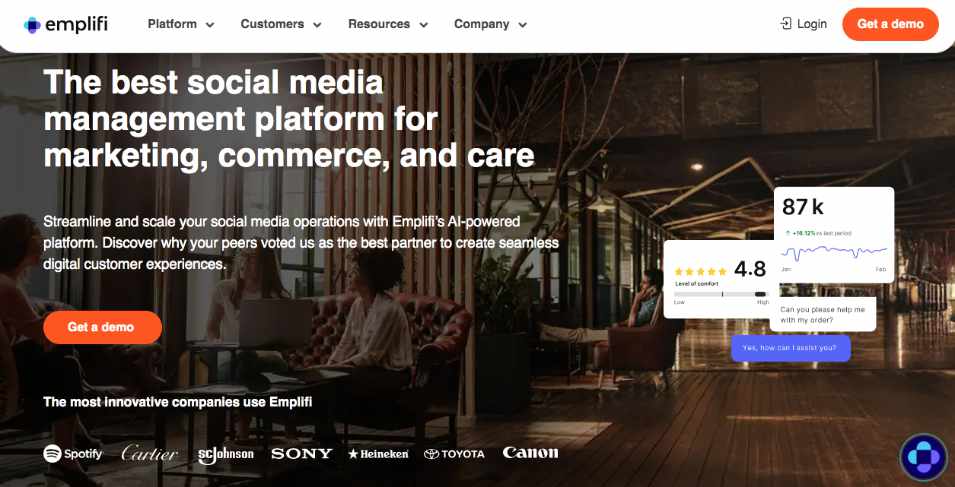
Socialbakers does it all—AI-powered content recommendations, audience analysis, and competitor benchmarking.
I was skeptical at first, but after trying it, I realized just how much data it pulls in. Its content recommendations have helped me boost engagement by focusing on the right types of posts at the right times.
- Pros: Comprehensive analytics, competitor benchmarking.
- Cons: Pricing can add up with premium features.
8. Meltwater
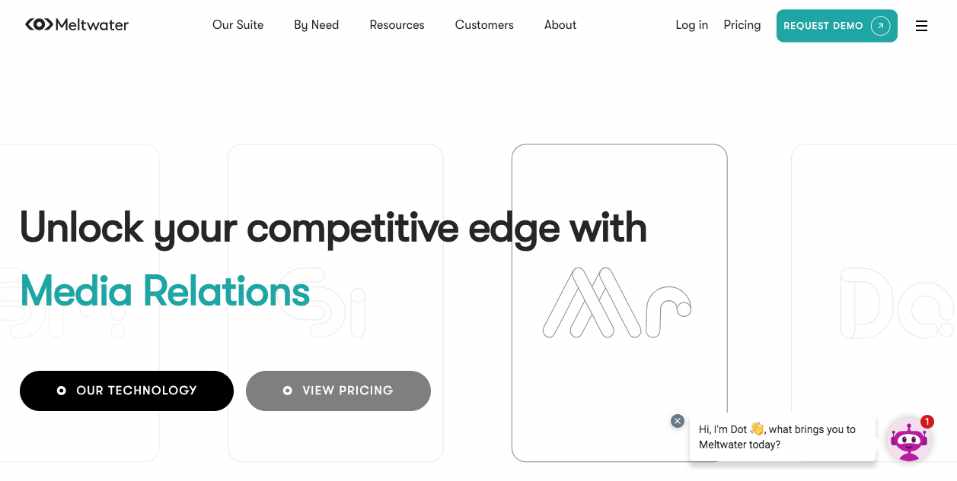
Meltwater is ideal if you’re managing a brand that spans across multiple markets.
Its AI can filter through all the noise to give you insights about different geographical regions.
Plus, their customer service is top-notch. I once had a glitch during a campaign, and they had me back up and running within an hour.
- Pros: Great for international brands, strong customer support.
- Cons: Can be pricey for smaller brands.
9. AgoraPulse
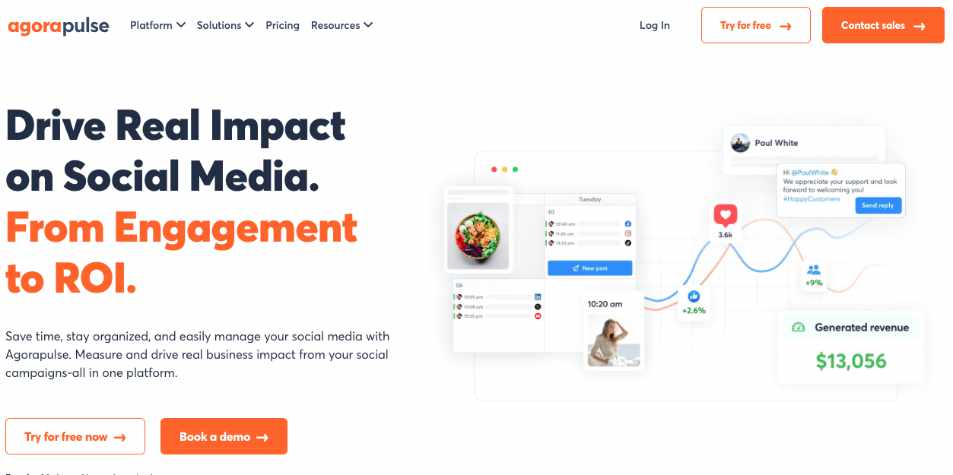
AgoraPulse strikes a balance between simplicity and functionality.
I like that it’s not overwhelming to use—great for those just starting out with social media analytics. The AI-driven reporting helps track your social ROI, which is something I still struggle with.
It also allows you to monitor multiple social channels, all from one dashboard.
- Pros: Simple interface, good value for money, real-time monitoring.
- Cons: Limited integration with third-party apps.
10. Iconosquare
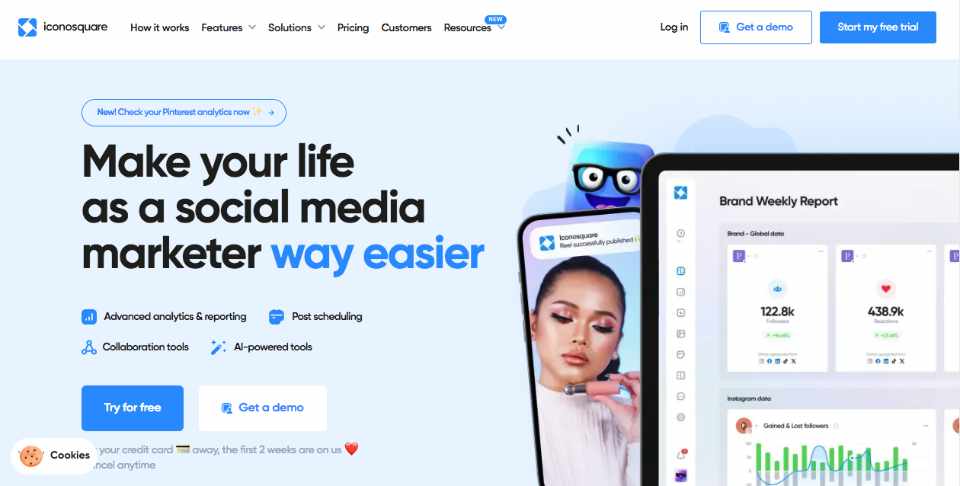
Iconosquare is specifically built for Instagram and Facebook analytics, and it does a fantastic job at it.
If you’re an Instagram influencer or brand that focuses on visuals, you’ll appreciate how detailed it gets with post analytics, stories insights, and follower tracking.
- Pros: Best for Instagram and Facebook, detailed visual content insights.
- Cons: Not ideal if you’re on multiple platforms.
Conclusion: Choosing the Right AI Tool for Your Social Media Strategy
So, which one should you pick?
It really depends on your needs. If you’re a small business or solopreneur, something like Zoho Social or AgoraPulse will probably give you the best bang for your buck.
But if you’re managing a big brand or agency, you can’t go wrong with tools like Sprout Social or Meltwater.
At the end of the day, you want a tool that not only provides data but helps you understand it.
The best AI social media analytics tools in 2024 do just that—they make sense of the numbers and tell you what steps to take next.
And trust me, your future self will thank you for taking social analytics seriously today.
Discover the top 10 AI business ideas for entrepreneurs in 2024.
